Veterans Of Iraqi Turmoil View Protesters With Sympathy, Concern
A year after Iraqi youths launched mass anti-government protests, elder veterans of past "revolutions" have praise for the idealistic activists but also words of caution born from tough experience.
Jamil Mozzan, 76, sitting in a Baghdad cafe, has watched with a wary eye as young Iraqis have looked ahead to the first anniversary Sunday of the start of the 2019 "October revolution".
Like many other elderly Iraqi men, he likes to debate the country's turbulent past and present over cups of tea and water pipes in the capital's storied Al-Mutanabbi street, lined with cafes and book shops.
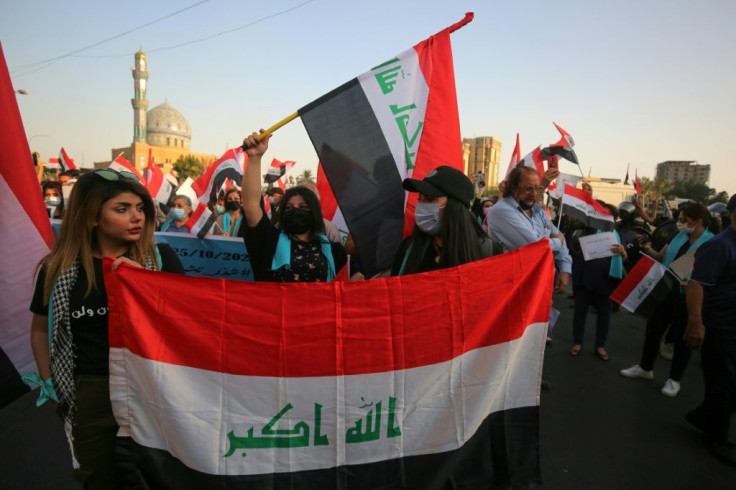
"I have experienced many revolutions in my time," said Mozzan, reflecting on past revolts, coups d'etat and uprisings against former dictator Saddam Hussein.
"But I became disillusioned with the idea of change," sighed the civil engineer whose country is still struggling to emerge from years of war, insurgency and societal chaos.
Iraq last year saw the biggest protest movement since the fall of Saddam in a 2003 US-led invasion, with Baghdad's iconic Tahrir Square as its epicentre.
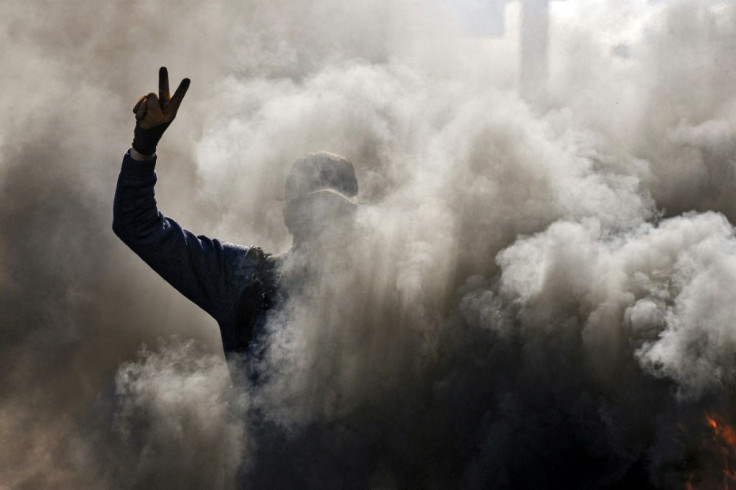
Hundreds of thousands took to the streets demanding the ouster of Iraq's entire political elite, whom they accused of ineptitude, corruption and being beholden to neighbouring Iran.
Around 600 protesters were killed and thousands wounded in months of street clashes before the movement lost momentum, then ground to halt amid the coronavirus pandemic.
The protests helped bring in new leaders, but they are yet to deliver major reforms for the youthful country where, the World Bank says, one in three young people is unemployed.
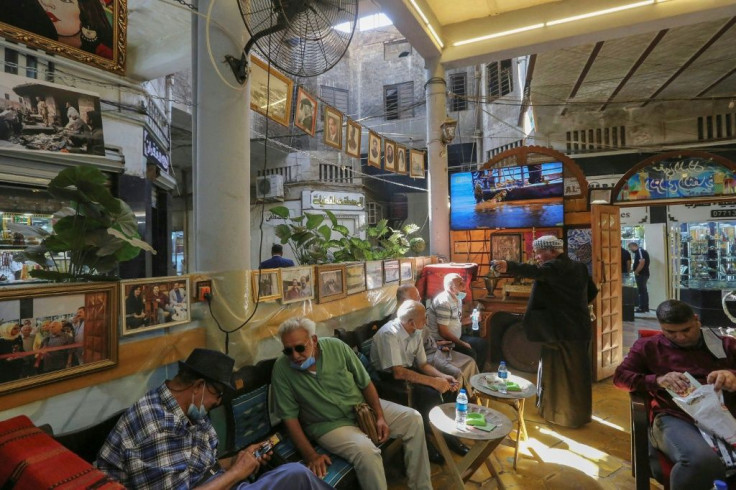
Mozzan recounted how he went down to the protests "to see what could be different this time.
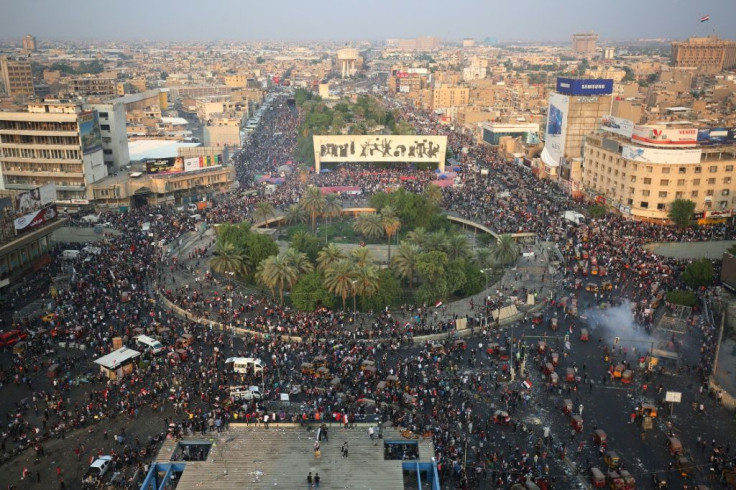
"I couldn't shout slogans at the top of my lungs because, you know, I'm an old man," he told AFP.
"But I was completely sympathetic with the youth."
Academic Khayal al-Jawahiri, the daughter of a famed Iraqi poet, recounted how when she went to Tahrir Square, she was deeply moved to see young protesters hoist a placard bearing her father's verses.
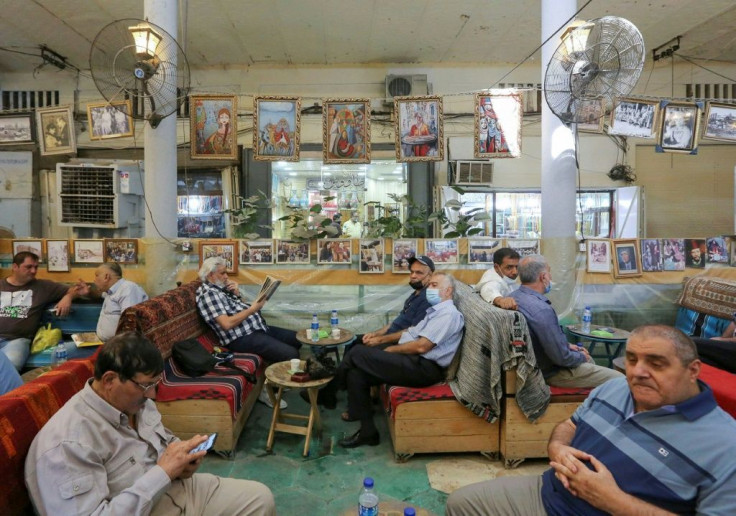
"A generation will rise from the depths of despair ... seekers of righteousness, mighty and determined," read one of the lines by her father Mohamed al-Jawahiri, who grew up during Iraq's anti-colonial struggle.
"His poetry explained the suffering of Iraqis," said his daughter, pointing out how it resonates with today's young people who have come of age in another turbulent era.
"This is a generation of youth that is politically conscious, that did not experience previous uprisings but was moulded by the tough living conditions under leaders unwilling to let go of their power."
Kevin Jones, author of a book on poetry and revolutions in Iraq, and a Middle East historian at the University of Georgia, said "poetry remains a vital force in modern Iraqi society ... even as the voices, aesthetics and spaces of performance continue to evolve".
Last year's protests did not just utilise rousing poetry but also political street murals and other forms of artistic expression.
They were shared widely on social media -- as was footage of the often intense street clashes -- until authorities responded by cutting off the internet for several weeks.
Protest activist and poet Ali Riyadh, 27, was dismissive of Iraq's older generation offering its wisdom, considering them elitist and disconnected, like Iraq's politicians.
He said his generation had come of age in the digital age and at a time of brutal wars and insurgencies, growing up "with keyboards and Kalashnikovs".
"After 2003 our poetry became an archive of resistance," he said. "It's satirical, it screams and shoots like bullets, because it reflects a certain scarred psychological state."
Riyadh and his friends were drawn to the caustic satire and profane language of firebrand leftist poets such as Muzaffar al-Nawab and Erian Sayed Khalaf, who were influential from the 1970s onwards.
"They were true revolutionaries ... their poems were being recited on loudspeakers in the square amid a hail of stun grenades and bullets being fired at us."
Back at the Baghdad cafe, Mozzan said he worried Sunday's anniversary may fall short of rekindling last year's protest spirit, in part because it is leaderless.
"The revolutionaries are noble in their aims but any revolution with a chance of success needs a leader," he said.
Despite his worries, he added: "My advice to the youth is, don't give up on your values."






